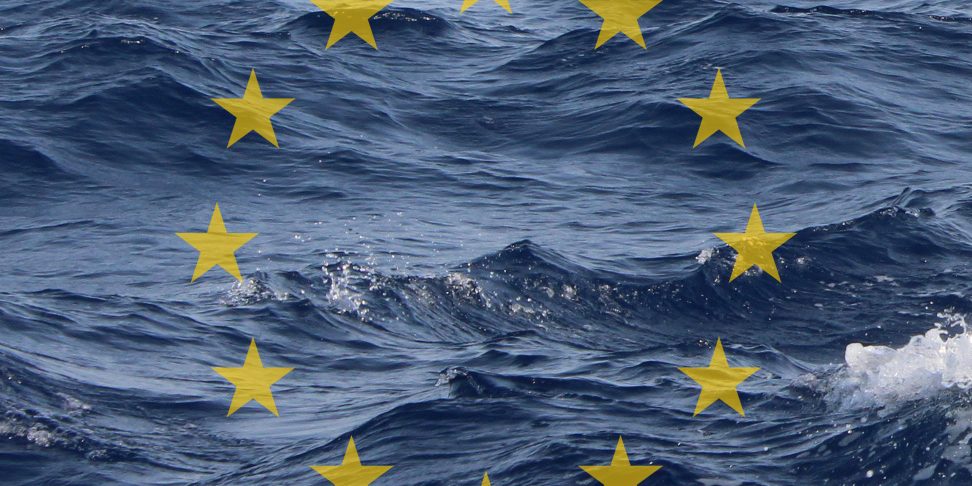As individual organisations, the attendees have come together in Brussels with the support of MEP Miguel Urban because of the on-going humanitarian crisis on Europe’s southern borders, and the Search and Rescue (SAR) NGOs on-going essential efforts to save life at sea.
The main focus has been the understanding and agreeing of the means and methods of addressing unsubstantiated accusations of unlawful conduct by SAR NGOs in the Mediterranean region, and which if allowed to continue unchecked, endanger the operations of lawful SAR NGO activities to such an extent that can no longer be ignored.
After two days of co-ordinated meetings and discussions, the attending SAR NGOs (Sea-Watch, Proem-Aid, ProActiva Open Arms, SOS MEDITERRANEE, Hellenic Rescue Team, Jugend Rettet, Humanitarian Pilots Initiative, SMHumanitario, United Rescue Aid) and their representatives, alongside the independent maritime human rights charity Human Rights at Sea and the International Maritime Rescue Federation, have first agreed to reject all unsubstantiated claims or commentaries that suggest illegal direct cooperation by SAR NGOs with criminal networks.
Further, in order to develop and refine professional SAR NGO operations, all attendees and representatives have agreed the objective and intent of the First Edition of the voluntary ‘Code of Conduct for Search and Rescue Operations undertaken by civil society Non-Governmental Organisations in the Mediterranean Sea’ on the basis that the Code aligns with the three core areas for undertaking lawful SAR operations, those being:
- following accepted international humanitarian principles,
- defending fundamental human rights and
- the professionalization of operational conduct.
The attendees agreed to further refine the First Edition.
The attendees seek that further unsubstantiated accusations of unlawful conduct by SAR NGOs ceases immediately without the presentation of substantiated evidence, and that going forwards SAR NGOs have free, fair and open dialogue with all applicable European institutions on the positive integration of civil society SAR NGOs into humanitarian rescues efforts at sea.
This supports the attendees’ overall goal to encourage international governmental and non-governmental organisations to remain focused on the humanitarian task of ensuring that all people in distress in the waters of the Mediterranean can be saved.
Likewise, the attendees and its representatives commonly shared concern over the on-going process of revision of the EU Directive 90/2002/EC. We believe that the current discretionary power, attributed by article 1.2, of not imposing sanctions on those performing their duties to provide humanitarian assistance at the sea is not only manifestly insufficient to safeguard SAR operations, but has even resulted in providing additional room of maneuver to mounting criminalization of humanitarian assistance in Europe. We therefore assert that there should be a compulsory ‘humanitarian clause’ for those who rescue people at sea.











